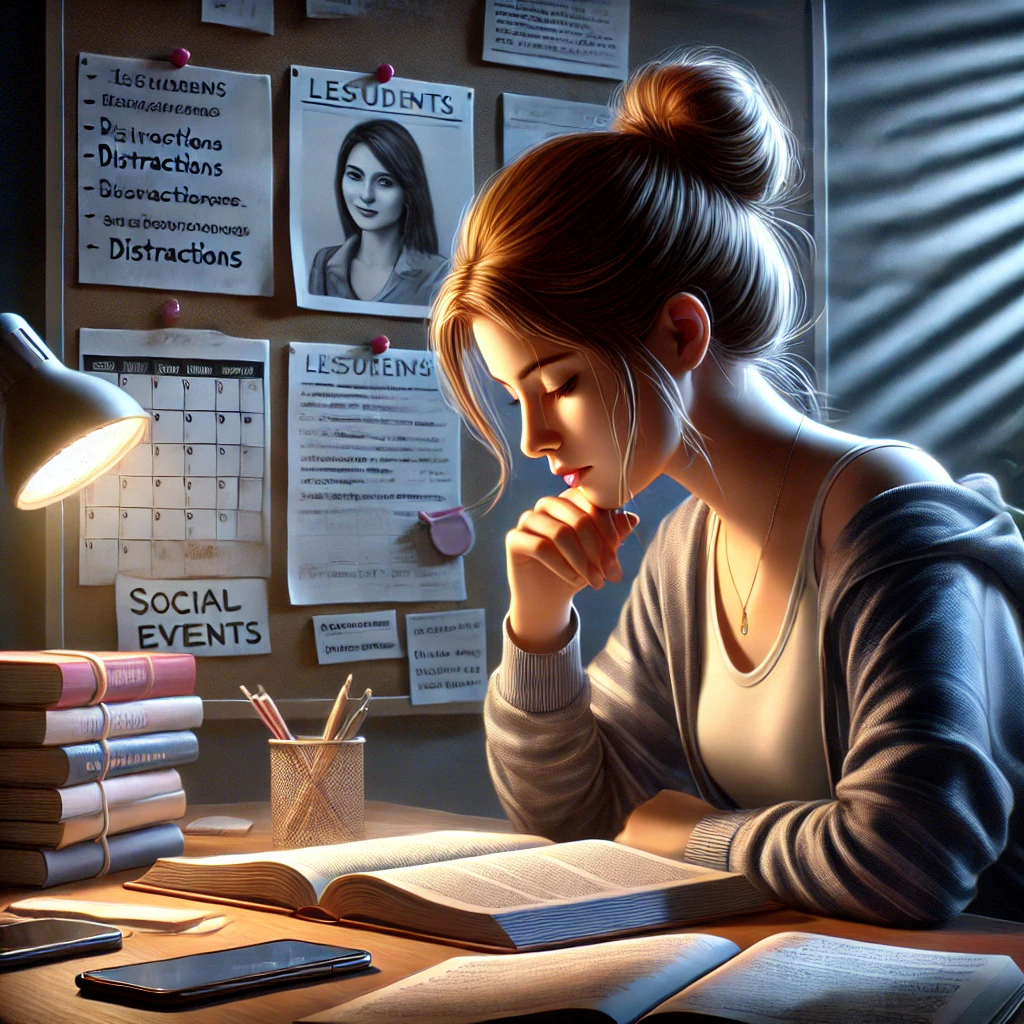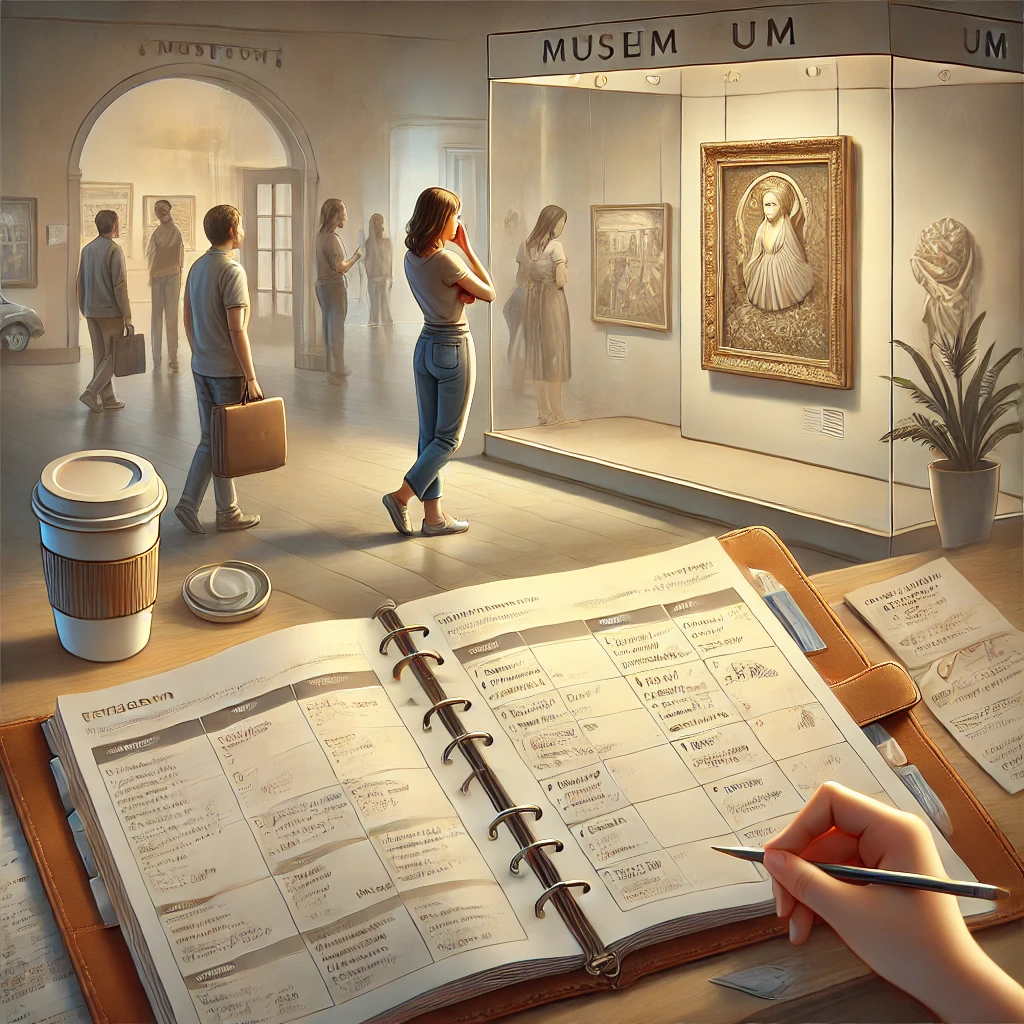Second Conditional: Overview
The second conditional is used to talk about unreal or hypothetical situations in the present or future. These are situations that are unlikely to happen, or purely imagined, but we still speculate on their potential outcomes. It’s also used for giving advice.
Structure (Formula):
- If + Past Simple, would + base verb
Affirmative Second Conditional Sentences
- If I had a million dollars, I would travel the world.
- If she knew French, she would move to France.
- If they had more time, they would take up a new hobby.
- If we lived by the beach, we would go swimming every day.
- If he were taller, he would play basketball.
- If I were the president, I would make education free.
Negative Second Conditional Sentences
- If she didn’t work so much, she wouldn’t feel so tired.
- If we weren’t so busy, we wouldn’t skip family dinners.
- If he didn’t spend all his money, he would have savings.
- If you didn’t live so far away, we would see each other more often.
- If they weren’t afraid of heights, they would try skydiving.
- If I didn’t like my job, I would look for a new one.
Function:
The second conditional is used to express imaginary or unlikely situations, usually in the present or future. It helps discuss what would happen if something were different from reality. This conditional is also often used for giving suggestions or advice, as well as for polite hypotheticals.
EXAMPLES:
Instructions:
Read the small paragraph. Answer the questions using the SECOND conditional.

If I won the lottery, I would travel around the world. Even though winning the lottery is unlikely, it’s fun to imagine how my life would change. I could visit places I’ve always dreamed of, like Japan, Greece, and Australia. However, since it’s just a dream, I continue with my regular plans.
- If you won the lottery, what would you do first?
- If you could visit any country, which one would you choose?
If she studied more often, she would get better grades. Right now, she spends a lot of time socializing and only studies the night before exams. This approach doesn’t give her enough time to fully grasp the material. If she changed her habits, her academic performance would improve significantly.

- If you studied more, how would your grades change?
- If you were her friend, what would you advise her to do?

If we had more time, we would visit the museum today. Unfortunately, our schedule is packed with meetings and errands, so we can’t fit in the visit. If things were different, we could explore the exhibits and enjoy the art, but we’ll have to save it for another day.
- If you had more free time today, what would you do?
- If we could change our plans, how would we spend the day?
First Scenario:
- If you won the lottery, what would you do first?
Answer: I would buy a new house. - If you could visit any country, which one would you choose?
Answer: I would choose Japan.
Second Scenario:
- If you studied more, how would your grades change?
Answer: My grades would improve significantly. - If you were her friend, what would you advise her to do?
Answer: I would advise her to study regularly and start preparing earlier.
Third Scenario:
- If you had more free time today, what would you do?
Answer: I would visit the museum or go for a walk in the park. - If we could change our plans, how would we spend the day?
Answer: We would spend the day exploring the museum and enjoying the exhibits.


